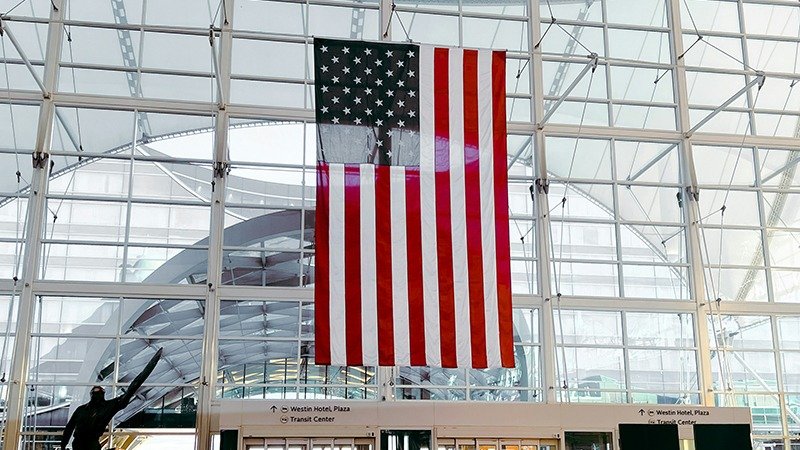Recent earnings reports from prominent companies such as Expedia, Hilton, and Airbnb signal a potential slowdown in the US travel and tourism sector, marking the first decline since the end of the COVID-19 pandemic. This trend has raised concerns among industry observers about the sustainability of travel spending as consumer behavior shifts.
Bank of America has noted that while cardholders exhibited a willingness to spend on “nice to have” services, such as dining out at restaurants during March and April, there has been a noticeable decrease in spending on larger discretionary items like airfare and accommodations. This shift indicates that while consumers may still enjoy leisure activities, their willingness to invest in significant travel expenses is waning.
Understanding the Shift in Consumer Spending
The evolving landscape of consumer spending reflects a broader trend where individuals prioritize value and essential services over higher-cost travel experiences. The reports from Expedia, Hilton, and Airbnb reveal a tightening of budgets as families and individuals reassess their travel plans in light of economic uncertainties.
Impacts on Major Travel Brands
-
Expedia: As a leading online travel agency, Expedia’s earnings report has shown a decline in bookings for both domestic and international flights. The platform’s reliance on vacation packages is also under scrutiny as consumers opt for more cost-effective options.
-
Hilton: The hospitality giant has reported fluctuations in hotel occupancy rates, prompting reevaluations of promotional strategies to attract travelers. With people opting for shorter getaways or local experiences, Hilton is adapting its offerings to cater to this changing landscape.
- Airbnb: While the vacation rental platform has traditionally thrived during peak travel seasons, recent data suggests a dip in the number of bookings for longer stays. This shift may signify a return to traditional lodging options as consumers become more price-conscious.
The Future of US Travel and Tourism
As the US travel industry navigates this potential slowdown, companies will need to innovate and adapt to changing consumer preferences. Implementing more flexible pricing options and personalized travel experiences may become crucial for retaining customer interest.
Furthermore, stakeholders in the travel sector must monitor economic indicators closely. Understanding the interplay between consumer confidence and discretionary spending will be essential for planning future business strategies.
The latest reports provide valuable insights into the current state of the travel and tourism industry, highlighting the importance of agility and responsiveness in an ever-evolving market. Travelers should stay informed about trends that may affect their next vacation, while businesses must remain proactive in adapting to these shifts.
For the full story, please CLICK HERE.



